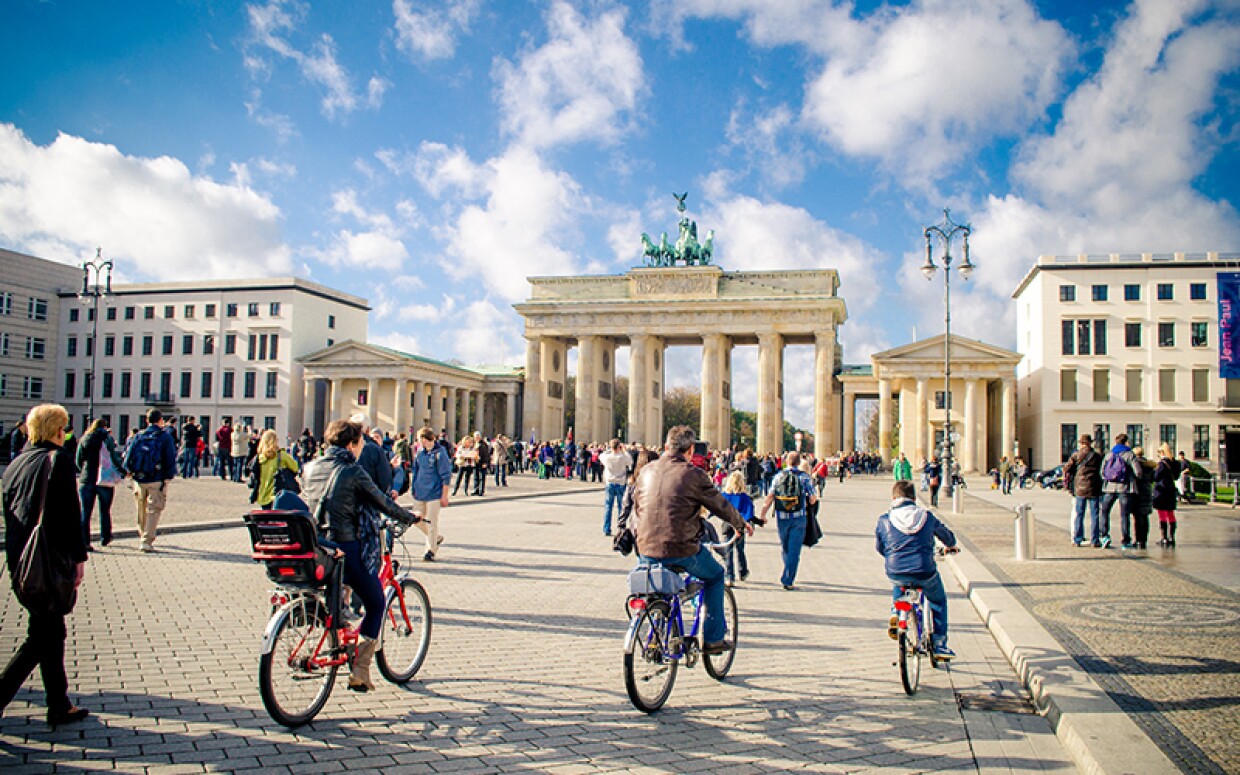Germany, a country renowned for its rich history, vibrant traditions, and cultural diversity, offers a unique and fascinating cultural experience. Understanding German customs and traditions can greatly enhance your interactions and integration if you’re living in or visiting Germany. This article explores key aspects of German culture, from daily customs to notable festivals, providing valuable insights for anyone looking to appreciate and engage with German society.
1. Key Customs and Social Norms
Punctuality and Professionalism
In Germany, punctuality is highly valued both in professional and social settings. Arriving on time for appointments, meetings, and social gatherings is seen as a sign of respect and reliability. Being punctual demonstrates your commitment and respect for others’ time, so it’s important to adhere to this custom to make a positive impression.
Direct Communication Style
Germans are known for their direct and straightforward communication style. Unlike in some cultures where indirect or polite language is used, Germans typically express their thoughts and opinions clearly and honestly. This directness is not meant to be rude but is instead a reflection of a preference for efficiency and transparency in interactions.
2. Celebrating German Festivals
Oktoberfest: A Global Icon
One of Germany’s most famous festivals is Oktoberfest, held annually in Munich from late September to the first weekend in October. This world-renowned beer festival celebrates Bavarian culture with traditional music, hearty food, and, of course, a wide variety of beers. Visitors and locals alike don traditional Bavarian attire, such as lederhosen and dirndls, to join in the festivities. Oktoberfest is a vibrant display of German hospitality and communal spirit.
Christmas Markets: A Festive Tradition
During the Advent season, German cities and towns are adorned with festive Christmas markets (Weihnachtsmärkte). These markets offer a delightful array of handcrafted goods, seasonal foods, and hot beverages like mulled wine (Glühwein). The markets are a cherished tradition, providing a cozy and festive atmosphere where people gather to celebrate the holiday season and enjoy local treats.
3. Culinary Traditions
Hearty German Cuisine
German cuisine is known for its hearty and diverse offerings. Traditional dishes include sausages (Wurst), schnitzels, and sauerkraut, often accompanied by potatoes or bread. Regional specialties vary, so exploring local food traditions is a great way to experience Germany’s culinary diversity. Don’t miss out on trying regional dishes, such as Bavarian pretzels or North German fish dishes.
Beer Culture
Germany has a long-standing tradition of brewing and consuming beer. The country is home to numerous beer styles and breweries, with the Reinheitsgebot (beer purity law) ensuring high-quality brewing practices. Beer is not just a drink but a significant part of social gatherings and cultural events, reflecting Germany’s deep-rooted brewing heritage.
4. Traditions and Celebrations
Carnival (Karneval): A Time for Festivities
Carnival, or Karneval, is a lively and colorful celebration that takes place in the weeks leading up to Lent. Known for its elaborate costumes, parades, and festive parties, Karneval is especially prominent in cities like Cologne and Düsseldorf. The festival provides an opportunity for people to enjoy music, dancing, and revelry before the solemn period of Lent begins.
Day of Unity (Tag der Deutschen Einheit)
The Day of Unity, celebrated on October 3rd, marks the reunification of East and West Germany in 1990. It is a national holiday reflecting on the country’s journey and celebrating its unity. Various events and ceremonies take place across Germany to commemorate this significant historical milestone.
5. Everyday Life and Etiquette
Respect for Personal Space
Germans generally value personal space and privacy. When interacting with others, it’s important to respect personal boundaries and avoid standing too close. This cultural norm extends to both physical space and conversational topics, where people may prefer to keep certain aspects of their lives private.
Sustainable Living
Germany is known for its commitment to environmental sustainability. Many Germans practice recycling, energy conservation, and eco-friendly living. Participating in local recycling programs and being mindful of environmental practices is a way to align with these cultural values.
Understanding and appreciating German customs and traditions can significantly enhance your experience of living in or visiting Germany. From embracing the punctuality and direct communication style to celebrating festivals and enjoying local cuisine, immersing yourself in these cultural aspects will enrich your interactions and deepen your connection with German society. Embrace the opportunity to learn and engage with the diverse and vibrant culture of Germany, and you’ll find your experience to be both rewarding and memorable.
